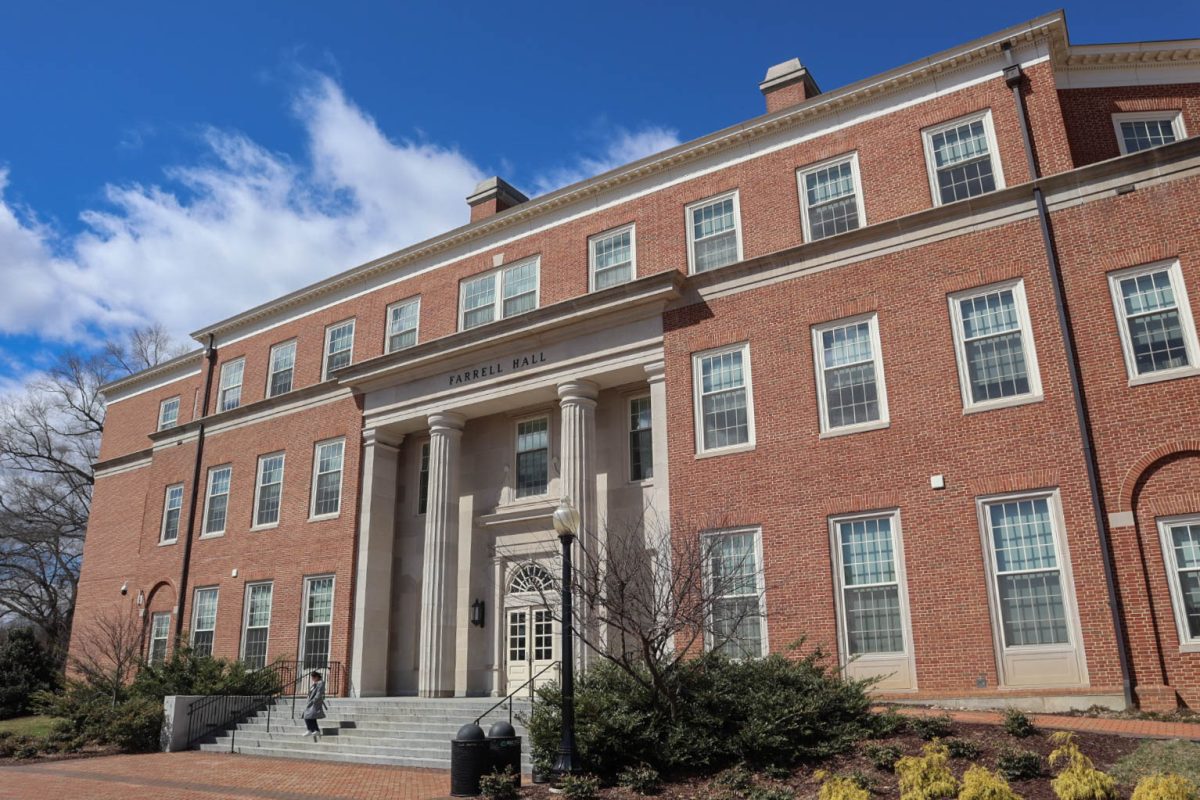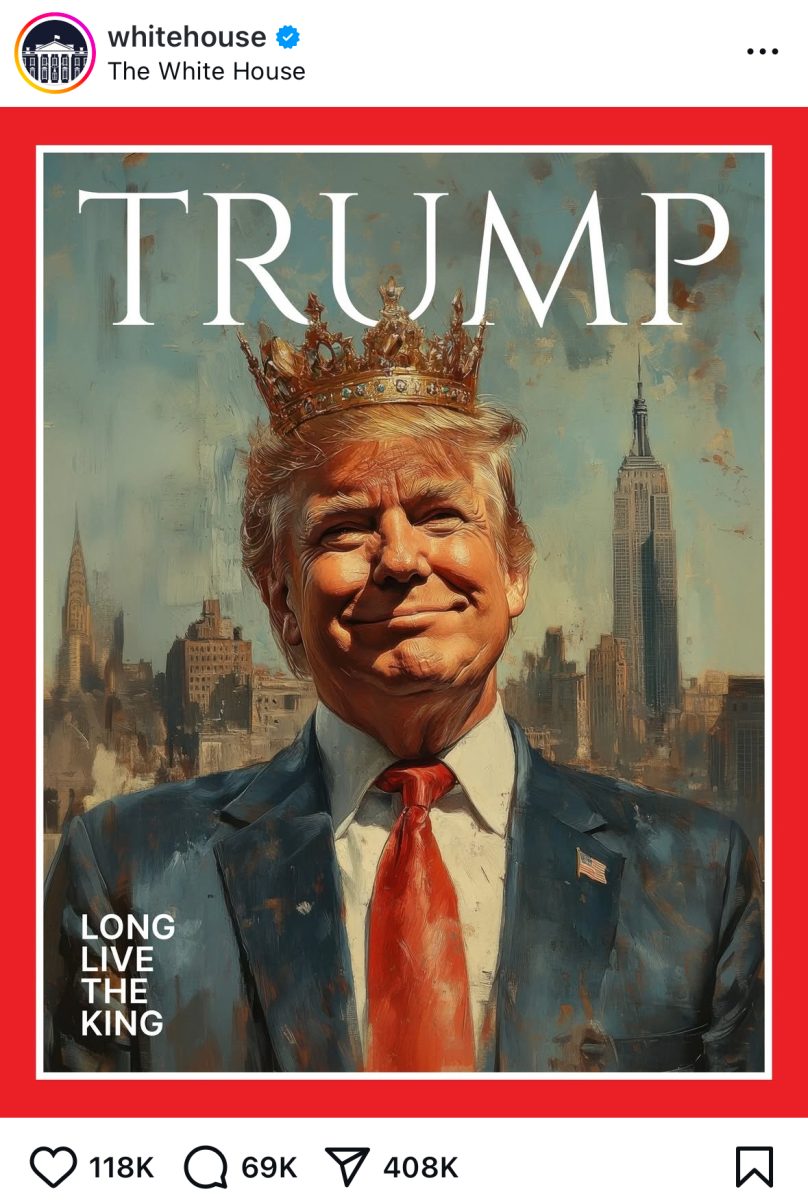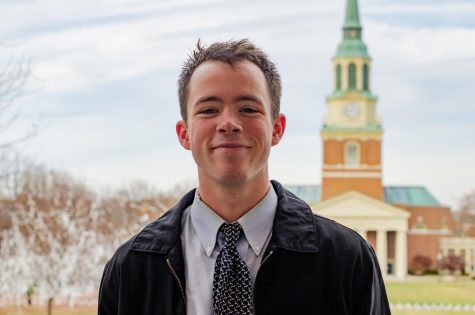
It is very difficult to locate optimism or hope in the political dimension of our society. While some citizens have their particular candidate or issue they will back, their support is not usually buoyed by any sort of overwhelming momentum of hope that things will get better — it is conventionally a movement fueled by revenge and anger at the historical injustices of this country and at the current injustices of this administration. Not that there’s anything wrong with that.
Like many other “great” historical figures of times’ past, the Founding Fathers of the United States have recently fallen prey to a whole host of virulent criticism from opinion editors and radical scholars across the country. It is quickly becoming the new thing to drag a figure like Thomas Jefferson through the dirt. This is of course due to the newfound transparency within the lives of these famous men — a transparency likely withheld from the general public because of some willful ignorance generated from the scholastic and cultural authorities. But times have changed now, and these traditional perspectives have been replaced — now we know Founding Fathers to be racists, duelists, smugglers, sexists, slave owners, hypocrites and rich old white men. How are we as the citizens of the U.S. — a bastion of multiculturalism and equality for all — meant to revere these dead men and look to them as examples of good leaders? This question does have a lot to do with what politics look like in our lifetime, but if we are going to form an opinion about George Washington and James Madison, we must examine the political conditions of their careers and honestly account for the challenges that they faced.
It is quickly becoming the new thing to drag a figure like Thomas Jefferson through the dirt. ”
Historically, we know that many of those associated with the founding statesmen of the U.S. were initially reluctant. Madison, the “father of the Constitution,” wasn’t even a notable figure at the beginning of the war. John Dickinson enjoyed being in London more than his home in America and penned the desperate Olive Branch Petition to King George. John Adams successfully defended the British soldiers who murdered American citizens in the Boston Massacre. But obviously, things changed when the war began. Every one of these reluctant men was swayed by the momentum of unity. These men who couldn’t let go of their lives were now under the threat of imprisonment and execution, and no one was abandoning the cause, even after consistent defeats. The Valley Forge encampment was the picture of that spirit of endurance and Washington the iron heart of the army. There is no denying that this group of men risked all that they had for the idea of a country free of despotic rule. I can respect that.
But somehow this can be overshadowed by the “advanced” modern minds that we now possess. We are not able to look past the moral failures of these people and their troubled pasts. While their mistakes are utterly inexcusable — no one denies this — we have no knowledge of the constraints of their society and historical environment, nor their attempts to rectify what they rightfully perceived as a blatant negligence of equality and virtuous living.
What I am proposing is that we take into account both the horrible failures and the noble successes of these men and decide for ourselves whether they should be respected or not. This is a proposal that is relatively alien to the society in which we now live — there are no second chances for people with the burden of responsibility.
Personally, I have a great deal of respect for the Founding Fathers. It doesn’t seem fair to compare the political leaders of this century to the Founding Fathers. These were people who were willing to die for what they believed in. Every single candidate you will ever see from here on out will be broadcasted to you as a manufactured product, packaged specifically for what you have been made to care about by the hidden arbitrators of our “awakened” culture. They collect insipid little political achievements to pin onto their “career history,” promising to inspire a tidal wave of social change when in the end it will almost certainly be a drop in the bucket. They are paper mâché people, stuffed with special interest money from the infectious corporate tyrants. I would like to see a man like Madison, with his mastery of empirical and abstract reasoning, run for office — or maybe a woman with the backbone of Washington and the ridiculous financial understanding of Alexzander Hamilton. There are people like this, out there in the world — but they won’t run for President. They know real change happens outside of the White House.



![This large painting displayed at Mechanics Hall in Worcester is a copy of a painting done by artist Gilbert Stuart that hangs in Faneuil Hall in Boston. It is known by some as the Washington horse photo because of the prominent display of the horse’s backside. [T&G Staff/George Barnes]](https://wfuogb.com/wp-content/uploads/2020/02/Connor-scaled-1-900x675.jpg)













